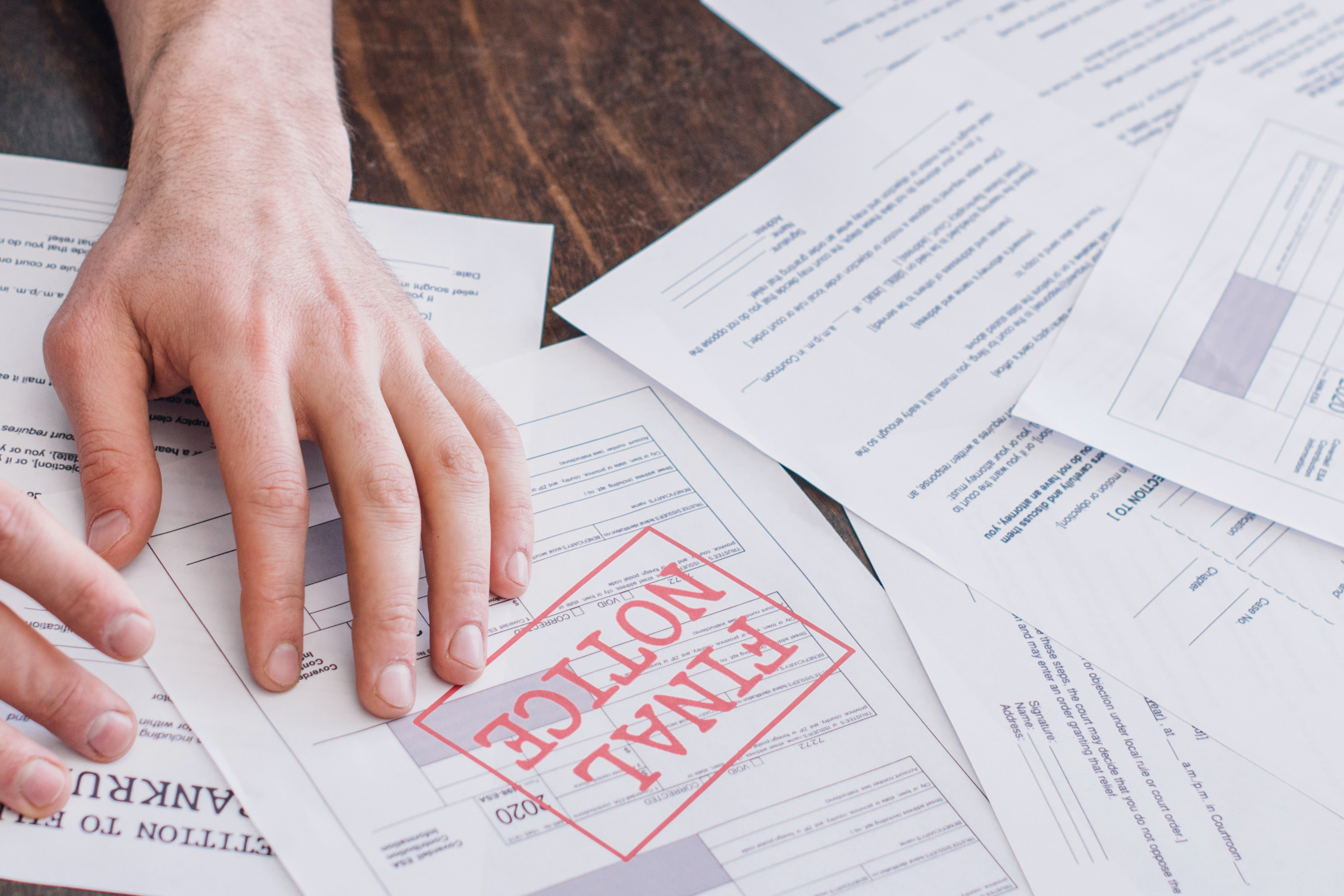Falling behind on bills can be stressful, especially when debt collectors start calling. Years ago, some collection agencies used aggressive or even threatening tactics to pressure people into paying. To stop that kind of behavior, Congress passed the Fair Debt Collection Practices Act (FDCPA) in 1977. The law sets clear rules for how third-party debt collectors can communicate with consumers and gives you specific rights when dealing with them.
What the FDCPA Covers
The FDCPA applies to personal and household debts such as credit cards, medical bills, auto loans, and mortgages. It does not apply to business debts or to collection efforts made directly by the original creditor.
If a lender or company hires or sells your account to a third-party collection agency, that agency must follow the FDCPA’s rules. These rules are designed to protect consumers from harassment, false claims, or unfair collection practices.
Some of the main protections include limits on when and how collectors can contact you, what they can say, and who they can reach out to about your debt.
Key Protections Under the FDCPA
The Fair Debt Collection Practices Act sets limits on how debt collectors can contact you and what they can say. These protections help ensure that collection efforts stay fair and respectful.
1. When Collectors Can Contact You
Collectors may only reach out between 8 a.m. and 9 p.m. local time. They also can’t contact you at work if they know your employer doesn’t allow personal calls. If you’ve told them not to call you at a certain place or time, they must honor that request.
2. How Collectors Can Speak to You and Others
Collectors are not allowed to harass or threaten you. They can’t use profanity, make false statements, or call repeatedly to annoy you. They also can’t discuss your debt with anyone except you, your spouse, or your attorney.
3. If You Have an Attorney
Once a collector knows you have legal representation, they must contact your attorney instead of you directly. If you receive a call from a collector after hiring an attorney, you can give them your attorney’s contact information to redirect future communication.
4. How to Limit or Stop Contact
You can ask a collector to stop contacting you by sending a written request. After that, they can only contact you to confirm they’ll stop or to notify you of specific legal actions, such as a lawsuit. Keep a copy of your letter for your records.
If You Think a Collector Violated the FDCPA
Even with these protections in place, some collectors may still break the rules. If you think a debt collector has violated the FDCPA, there are steps you can take to protect yourself.
Start by keeping detailed records of all communication. Write down dates, times, and the name of the person you spoke with. Save any letters, emails, or voicemail messages you receive. This information can be helpful if you decide to report the issue.
You can also ask for written verification of the debt. Collectors are required to send you a notice within five days of first contacting you that lists the amount owed, the creditor’s name, and how to dispute the debt if you believe it’s wrong.
If you believe a collector is breaking the law, you can file a complaint with:
- The Consumer Financial Protection Bureau (CFPB)
- The Federal Trade Commission (FTC)
- Your state attorney general’s office
Each of these agencies can review complaints and help enforce consumer protection laws. Some states also have their own collection laws that give you additional rights.
Knowing Your Rights Can Help You Take Next Steps
Debt collection can be stressful, but the Fair Debt Collection Practices Act gives you important rights and protections. Understanding what collectors can and cannot do helps you respond with confidence and avoid being mistreated.







